When reading the epistles of St Paul I am constantly astounded by the power of his theology and thought. How did the man come up with all this amazing understanding of who Jesus was within just thirty years of his death and resurrection.
Just this quote from today’s Divine Office from the Epistle to the Romans is electrifying:
The life and death of each of us has its influence on others; if we live, we live for the Lord; and if we die, we die for the Lord, so that alive or dead we belong to the Lord. This explains why Christ both died and came to life: it was so that he might be Lord both of the dead and of the living.
The first thought is the amazing reminder that “no man is an island.” Remember that John Donne poem you learned in English class? Here is is again:
No man is an island,
Entire of itself,
Every man is a piece of the continent,
A part of the main.
If a clod be washed away by the sea,
Europe is the less.
As well as if a promontory were.
As well as if a manor of thy friend’s
Or of thine own were:
Any man’s death diminishes me,
Because I am involved in mankind,
And therefore never send to know for whom the bell tolls;
It tolls for thee.
Bewdiful. Every man’s death is a part of my dying. Every man’s life is a part of my living.
St Paul sees the continuity between the living and the dying. We live for the Lord. We die for the Lord.
This therefore explains the resurrection, that he might be the Lord of both the living and the dead. This is one of the things I noticed when dealing with old people.
They get to a stage at which more of their loved ones are dead than are living. The folks who have only ever focussed on the things of this world become trapped in this world. They become bitter and their lives in old age become smaller and smaller because there is less and less left. Maybe they end up sitting around playing checkers or watching daytime TV and being sad.
But there are other folks who have lived for the Lord, and so they continue to do so, but it seems more of their time is spent on “the other side”. They develop a kind of calm and radiance, as if the are already there, but just biding their time here. Its like they are dwelling with their friends on the other side and the curtain between this world and the next for them is very thin.
This is what St Paul is getting at, I think. Christ is the Lord of the living and the dead, and because of the resurrection the difference between the living and the dead is increasingly immaterial. The dead are not really dead. They are alive in Christ, and the more we live in Christ the more we are in communion and union with them.
I’ll stop because I’m at the point here where words don’t work anymore, and at that point we should enter the wordless world.

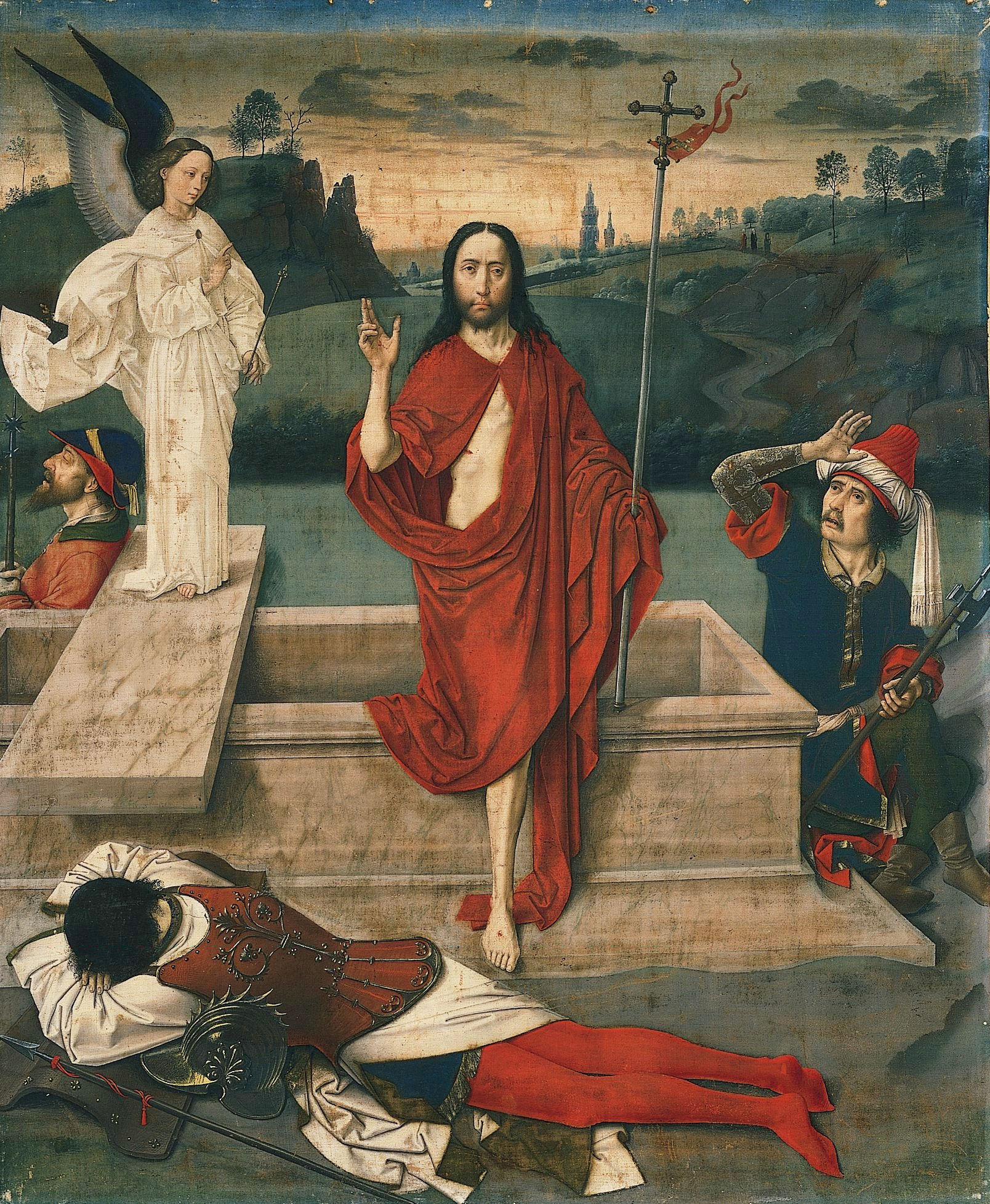
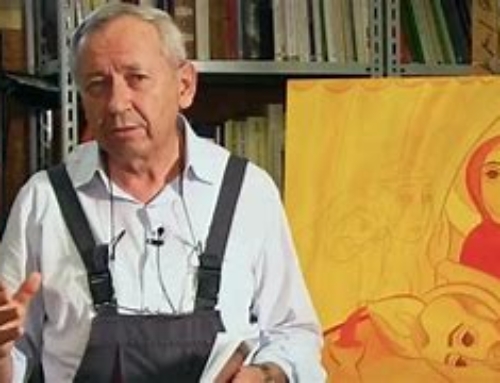
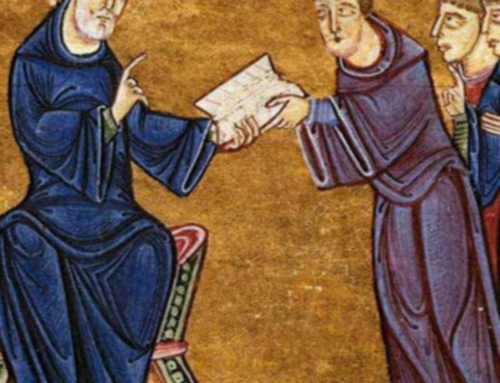

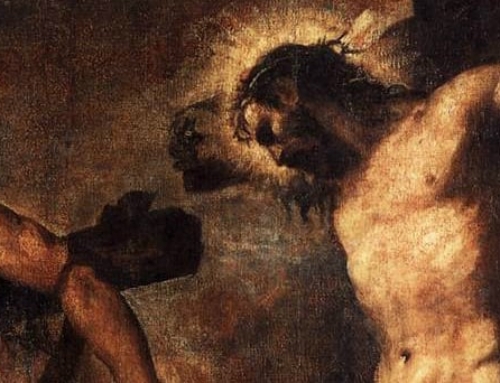
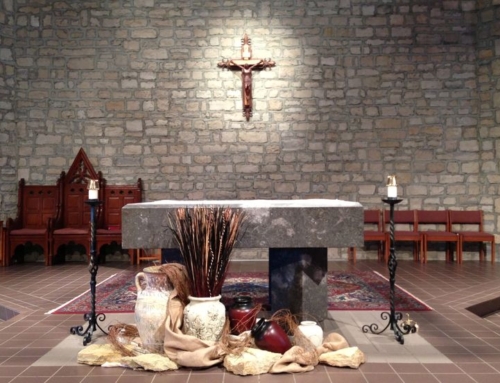
Leave A Comment
You must be logged in to post a comment.